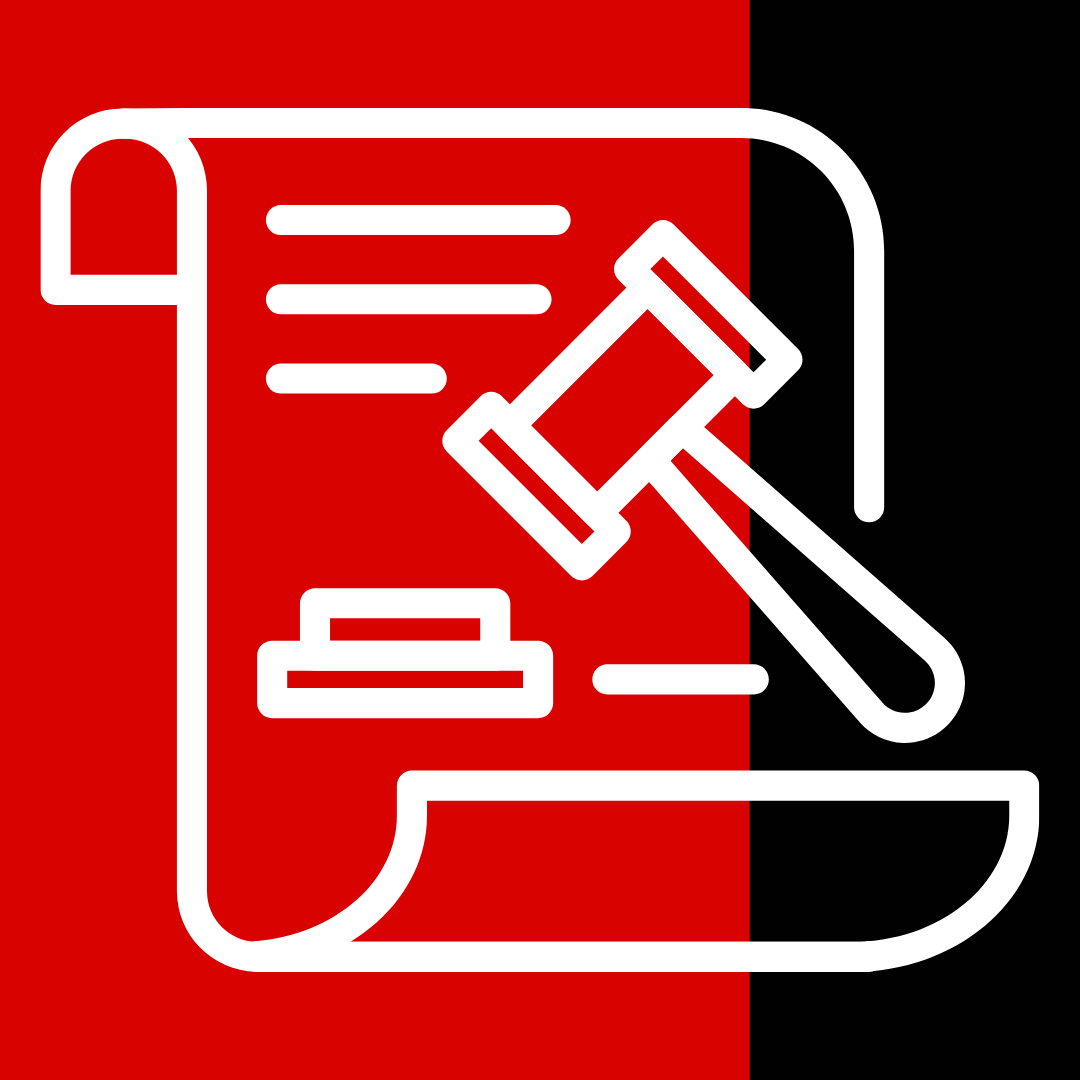Who Pays Auction Fees: Buyer or Seller?
In recent years, auctions became increasingly popular with both buyers and sellers in the property market. Sellers opted for quicker solutions. Buyers were keen to bag some bargains.
A less simple aspect of buying or selling a property at auction is the auction fees. It can be tricky keeping up with what fees are involved, when they're due, and who pays them.
Who Pays Auction House Fees? The Buyer, or Seller, or Both?
Simply put, the answer will likely be both.
Generally, the responsibility of paying the lion's share of the fees at an auction falls on the seller. Sales commission, advertising costs, and legal fees all typically fall within the seller's remit.
The buyer often must pay the administration fee to cover the cost of completing an auction purchase. They also need to pay the property's ownership transfer, which will often also include a fee for a solicitor. This can be a percentage of the sale price, but some auction houses will simply charge a flat fee.
Auction Fees for Sellers (UK)
The total cost of selling a property at auction should be roughly what's paid to a traditional high street agent. There are three main costs to consider:
- Commission
- Entry fee
- Auction legal pack
However, there a few others that sellers should be mindful of:
- Conditional sale - non-refundable reservation fee
- After-sale solicitor fees
Auction Fees for Buyers (UK)
For buyers, the following may be due:
- Unconditional sale - buyer's fee and deposit
- Conditional sale - reservation fee
These are general examples, and each auction house will have its own individual list of applicable fees.
How Does the Type of Auction Impact the Fees?
In open bidding auctions, where participants openly announce their bids, auction fees normally must be paid by the buyer. A buyer premium is also usually added.
In sealed bidding auctions, where bids are made in private, the costs - particularly for commission fees - often fall to the seller instead. However, some auction houses will have different fee structures, so it is always important to check ahead of time.
For proxy bidding auctions, which is when maximum bids are submitted in advance, buyers and sellers may have to pay a buyer's premium and commission fee respectively.
For telephone or online bidding auctions, auction houses will often charge registration fees, online bidding costs, and transaction fees to both buyers and sellers.
How Much Are Auction Fees?
Regardless of who pays auction fees, all participants will need to be on top of how much the costs will be. For sellers, entry or marketing fees cover the expense of advertising the property and to attract more potential buyers.
The exact cost is dependent on the property value, the nature of the property, and whether specialist marketing activities were required. Generally, these fees will range from around 2% to 5% of the property's value.
Auctioneers also charge sellers a commission fee for selling their property, which is typically between 2% and 2.5%. Value Added Tax (VAT) is also added to this fee. Sometimes the buyer will pay an amount of commission to the auction house as part of their administration fees.
Some property auctions will require the buyer to pay a ‘premium' when they purchase an asset. This is another type of administration cost that goes to the auctioneer, not the seller.
Buyer's premiums generally range between 1% and 3.5% (+VAT) of the property sale. Administration fees are typically between £195 to £1,200 including VAT. For properties that have been repossessed, the buyers' premium is usually charged at 10% of a property's value. However, the seller does not have to pay any fees.
The seller's solicitor will also be responsible for preparing an auction legal pack, which can cost around £200 or more. It's important that bidders and sellers remember that with all these costs, and others like them, they can vary between auction houses.
Are Auction Fees Tax Deductible?
In certain circumstances, auction fees are tax deductible. Generally, it depends on the purpose of the purchase and whether it is used as a primary residency, business, or investment asset.
If the property is being sold as part of a business activity, fees can often be treated as regular deductible business expenses. This can allow bidders to offset the fees against the income generated from the asset sale, lowering the taxable profit. However, if the sale is a personal asset that is not a business or investment, then auction fees are treated as personal expenses. In that case they are not tax deductible.
For buyers, it is a little more straightforward. Auction fees could be seen as a part of the overall cost of buying a property and may therefore not be exempt from taxation. If an investor can prove that the purchased assets are for business expenses, it could be seen as a business expense.
Taxation is complicated. To fully get to grips with a final tax bill, buyers and sellers should seek guidance from accountants and/or other financial planners.
Can Auction Fees Be Included in a Mortgage or Bridging Loan?
For the most part, mortgages and bridging loans are used to pay for the property's actual purchase, rather than the additional costs that a buyer might incur.
Some providers may have different policies that could allow for the fees to be added on a case-by-case basis. You should seek out a broker with access to specialist lenders who can provide more options and flexibility than their high street counterparts.
Get in touch with our friendly and knowledgeable team for more information.


